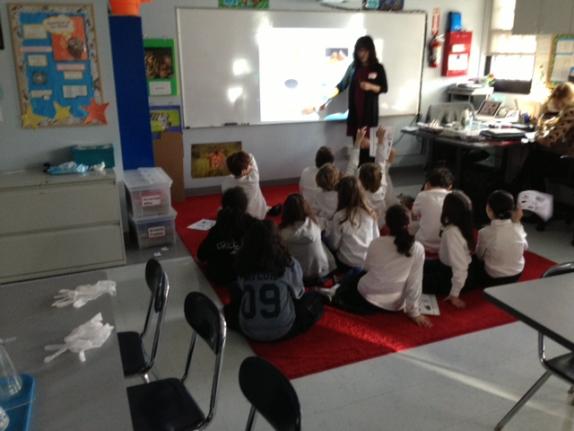Learn about CCUS education efforts, including K-12, young professionals, and women in science and engineering.
Graduate Students and Young Professionals
Womensphere and Other Outreach Activities
K-12
Outreach for K-12 students is another important aspect of the RCN-CCUS’s proposed activities. We believe that K-12 teachers (Kindergarten through high school) can play a powerful role in acting as multipliers for basic knowledge deemed crucial to society. However, with complex and relatively new concepts such as CCUS, teachers do not always have easy access to the key concepts and introductory level understanding of CCUS.
The team continues to develop experiment modules for hands-on demonstration for K-12 students based on our proposed research. They are designed to teach students about various scientific and engineering fundamentals of CCUS technologies.
The RCN-CCUS team also continues to leverage a current, successful program to recruit high school students into theirs labs to experience hands on research. The Earth Institute and the Lenfest Center for Sustainable Energy which sponsors a number of high school students via a summer internship program will continue their support. Most faculty members involved in the RCN-CCUS host 3-4 high school researchers during the summer.
Read about past K-12 outreach events::
- AIChE 2013 Annual Meeting K-12 outreach event: Chalk from CO2
- The outreach event at The Birch Walthen Lennox School in NYC on Jan. 24, 2014.
Graduate Students and Young Professionals
While there are strong industrial interests in CCUS, there are no nationwide or worldwide formal educational programs for CCUS addressing multidisciplinary approaches to CCUS. Thus, we also plan to educate practitioners and the wider public with multidisciplinary outreach and training in physical, natural, and social sciences, engineering, economics, business, and law with a theme of CCUS. Activities in pursuing this goal include:
- Specifically designed a webinar series is given each year with speakers from multidisciplinary background to achieve a high level understanding of the science and technology underlying energy and CCUS as well as their economic, financial, political, and societal implications. Discussions on how to shape a regulatory framework to enable revolutionary change while incorporating the latest scientific and engineering information will also be incorporated into each Webinar.
- Collaboration with the Research Experience in Carbon Sequestration (RECS) program. Read about the 2014 RECS here.
Womensphere and Other Outreach Activities
Prof. Alissa Park hosted the participants from the 5th Annual Womensphere Emerging Leaders Global Summit on Thursday, January 16, 2014. The participants were given a lab tour of the CO2 capture and storage labs in the Department of Earth and Environmental Engineering at Columbia University. The participants were introduced to CCUS technologies such as CO2 air capture, and storage via carbon mineralization.
For more information of the 5th Annual Womensphere Emerging Leaders Global Summit, please click here.

